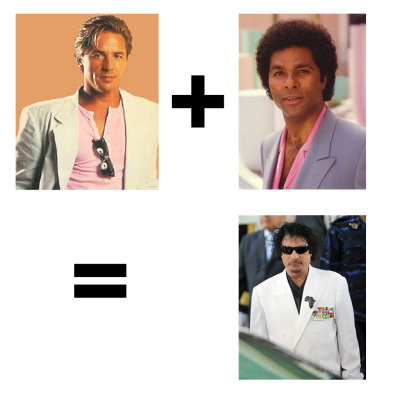Where have the United Nations, the North Atlantic Treaty Organization and the U.S. Air Force directed Twitter followers to learn more about military action in Libya? To an Internet domain controlled by the regime of Col. Moammar Gadhafi.
They aren't the only ones to send their Internet followers through Libya. So have House Speaker John Boehner (R., Ohio), Stanford University, Charlie Sheen, the White House, Kim Kardashian, the U.S. Chamber of Commerce, Paul McCartney, the Federal Bureau of Investigation and thousands of others.
The reason is a linguistic anomaly that might be Col. Gadhafi's most unlikely asset: Libya's Internet domain happens to be the English language's adverbial suffix: ly.
As a result, the .ly domain has proved attractive to English-language businesses looking for catchy online names—including bit.ly, Ow.ly and other popular utilities that compress lengthy Internet addresses, making them easier to email, link or fit the tight space on networks like Twitter. These helpful, simple—and free—services have become ubiquitous.
The .ly domain is controlled by Libya's General Post and Telecommunications Co., whose chairman, Mohammed el-Gadhafi, is the dictator's eldest son. It says it has rented out more than 10,000 .ly domains, either directly or through resellers.
Human Rights Watch, which has blasted the Gadhafi regime for blocking Internet access within Libya, is one organization that unwittingly used the .ly addresses. "It's ironic and a little bit distasteful," says Tom Malinowski, the group's Washington director, upon learning the news from a reporter.

 ).. was just checking the wiki, and its amazing how fast the developments in Libya have been recoreded in wikipedia, we have a war name name, battle name etc
).. was just checking the wiki, and its amazing how fast the developments in Libya have been recoreded in wikipedia, we have a war name name, battle name etc
